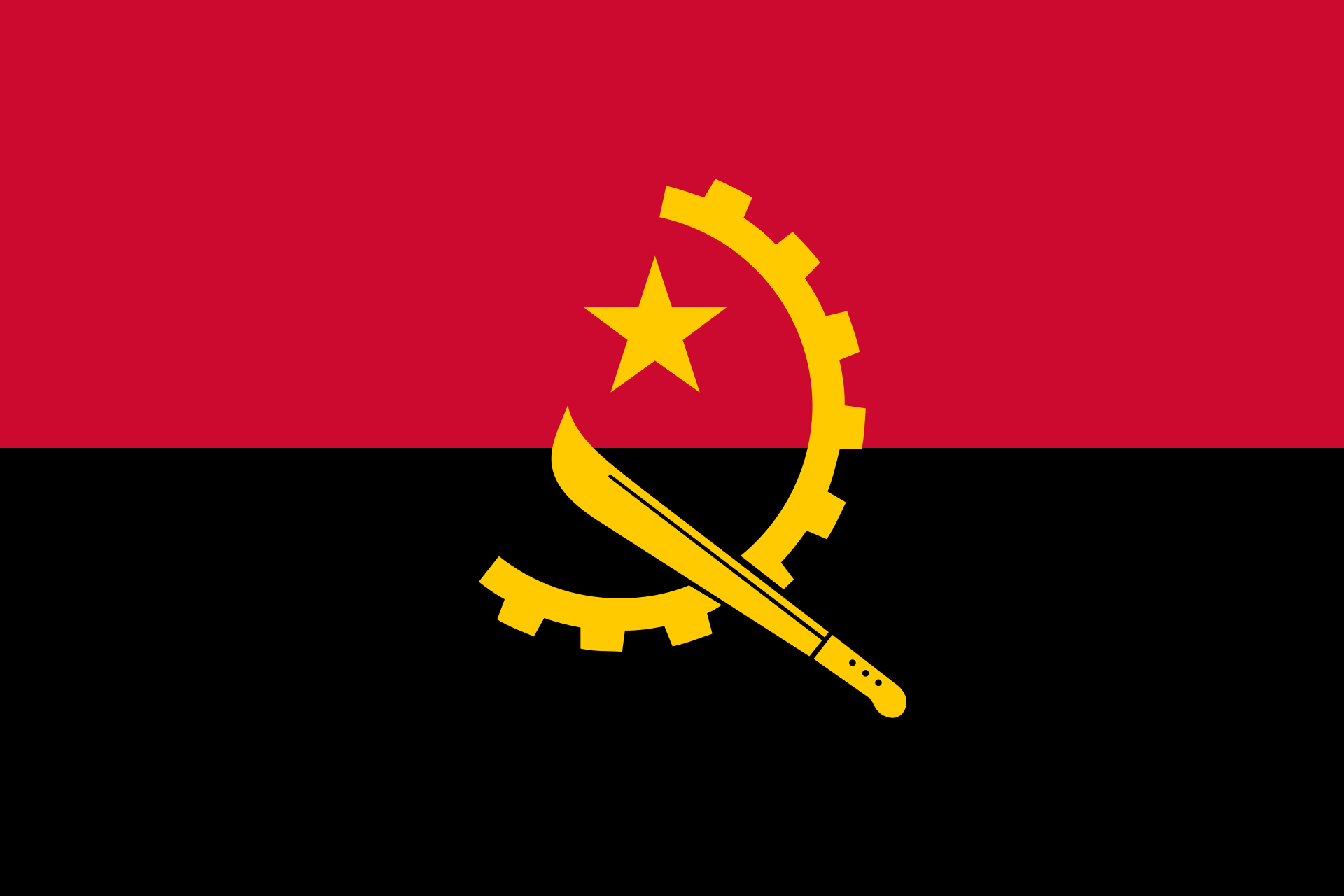Angola
Angola is a Southern African nation whose varied terrain encompasses tropical Atlantic beaches, a labyrinthine system of rivers and Sub-Saharan desert that extends across the border into Namibia. The country’s colonial history is reflected in its Portuguese-influenced cuisine and its landmarks including Fortaleza de São Miguel, a fortress built by the Portuguese in 1576 to defend the capital, Luanda.

-
Capital: Luanda
Important Cities: Huambo, Benguela, Lubango, and Lobito
Airports:
Domestic Air Connectivity:
Domestic flights connect major cities and regions within Angola, making travel within the country accessible.
Tourist Attractions:
Kalandula Falls: One of the largest waterfalls in Africa, located in Malanje Province.
Tunda-Vala Volcano: A unique geological formation near Lubango.
Namib Desert: Part of the vast desert extending into southwestern Angola.
Benguela Railway: A historic railway linking Lobito to the eastern border, offering scenic views.
Tunda-Vala Volcano: A unique geological formation near Lubango.
Namib Desert: Part of the vast desert extending into southwestern Angola.
Benguela Railway: A historic railway linking Lobito to the eastern border, offering scenic views.
Cuisine:
Angolan cuisine includes dishes like muamba de galinha (chicken stew), funje (cassava porridge), and various seafood dishes. Local ingredients like cassava, plantains, and palm oil are common.
Cultural Activities:
Experience traditional Angolan music, dance, and festivals. The country has a rich cultural heritage with diverse ethnic groups.
Accommodation:
3-Star Hotels: Examples include the Thomson Art House in Luanda.
4-Star Hotels: The Epic Sana Luanda Hotel is a notable choice.
5-Star Hotels: Angola offers luxury options like the Talatona Convention Hotel in Luanda.
4-Star Hotels: The Epic Sana Luanda Hotel is a notable choice.
5-Star Hotels: Angola offers luxury options like the Talatona Convention Hotel in Luanda.
Transport Connectivity:
Rail: Angola has an extensive railway network, primarily used for freight transport.
Road: Roads and highways connect cities and regions. Buses and minibuses are common for transportation.
Road: Roads and highways connect cities and regions. Buses and minibuses are common for transportation.
Population:
Angola’s population is estimated to be around 33 million people.
Religion:
Christianity, particularly Roman Catholicism and various Protestant denominations, is the major religion in Angola. Indigenous beliefs are also practiced.
Languages Spoken:
Portuguese is the official language. Umbundu, Kimbundu, and Kikongo are among the widely spoken Bantu languages, and numerous indigenous languages are used across the country.
Disclaimer:
The information above is for reference, and we do not accept any liability for inaccuracies or updates.